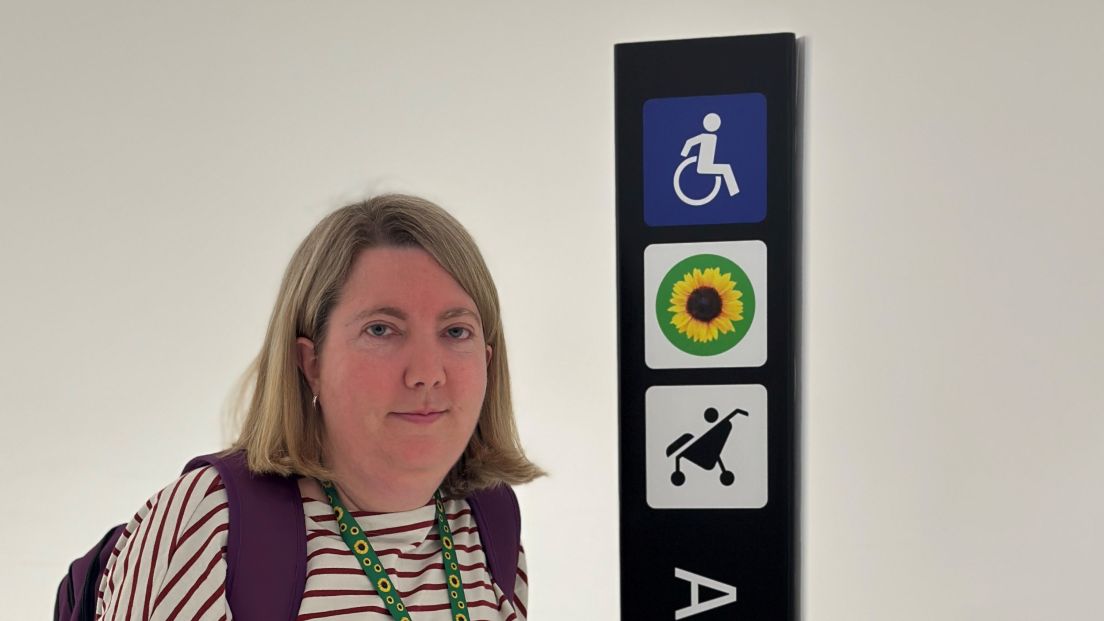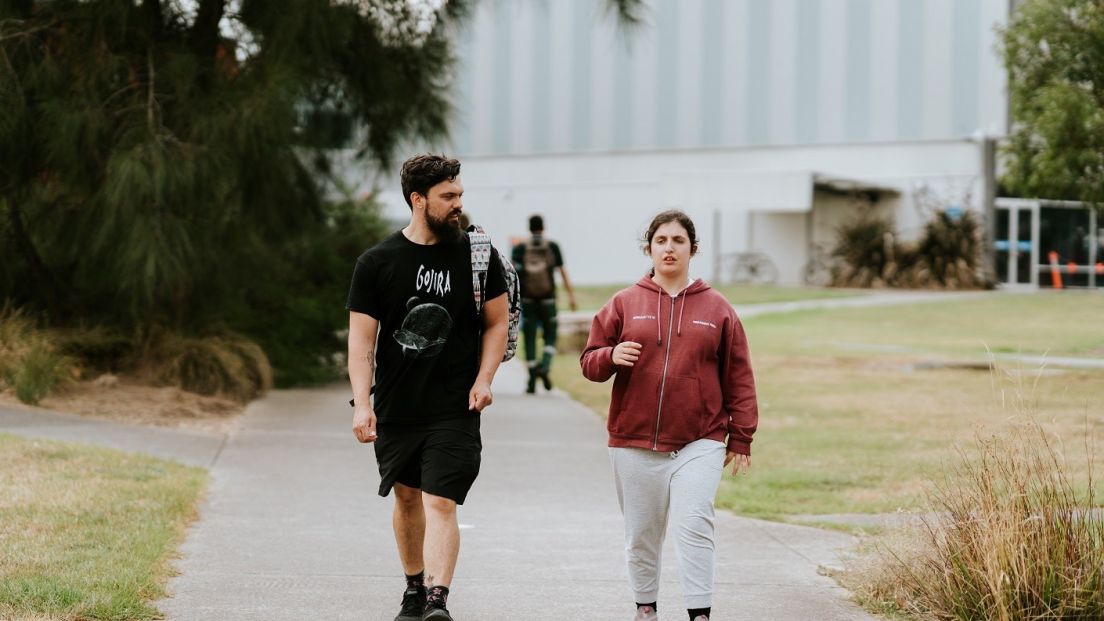Ainslie Robinson, an Autistic parent of a child on the autism spectrum provides guidance about what to do and importantly what not to say when someone discloses their child is Autistic.
So, let’s say you find yourself in a situation where a friend or family member has just told you that their child has just been diagnosed as Autistic. This is not exactly the type of conversation that one has every day, and for some it’s a bit tricky to know what the best response is particularly if you are not really certain what autism is. In this blog, I will share how I wished people had of responded when I shared about my son’s diagnosis.
To respond sensitively, it’s important to understand what has led up to the diagnosis. No one goes down the diagnostic pathway without good reason to. It is generally quite a long process to get to the point of diagnosis, and often takes quite emotional toll on families.
For some people a diagnosis provides relief and clarity as they now have answers as to why their loved one is who they are. Many parents might feel that sense of relief, but also have fears about the future, or feel overwhelmed about what comes next. In some families there may still unfortunately be shame around the diagnosis of autism. For me personally, it was just relief and symbolised a better way forward with him. My point is that everyone will have a completely different response to this diagnosis and it can be perceived as everything from awful news, to the best news ever, with all different feelings mixed in.
Step 1. Take time to listen
This is probably not the best conversation to try and have in 30 seconds as it is big news for them. Please try and carve out some time and really listen.
Step 2. Listen and don’t assume feelings
As outlined, how a person feels about this news is going to vary wildly from person to person. Ask the person disclosing what that means for them/and their family and allow them space to talk. Some useful questions include:
- How are you feeling about it?
- How has the process been so far?
- What does this mean for [child’s name]
- Is there any way I can support you? (e.g. offer to be a listening ear or to make time to get out of the house together)
These types of questions demonstrate you care, acknowledge that it’s a big deal, and serve to find out how they are managing. You do not need to know anything about autism to listen. If you do know about autism, it helps in these initial stages to just be a listening ear unless asked for your opinion.
Step 3. Acknowledge
Again, this information is a lot for the entire family who has just gone through the process of diagnosis. It can be really overwhelming process to go through, and often quite lonely as the parent may not have a connection to other parents of Autistic children or had the chance to meet any adult Autistic people yet.
Rhetoric that is not helpful:
Saying ‘I’m sorry’, even if this news is overwhelming for the person disclosing at the time, autism isn’t something to be sorry about.
Saying ‘don’t worry, they don’t seem Autistic’ isn’t helpful either. In fact, can have the opposite response and be hurtful. As mentioned, obtaining a diagnosis is no easy feat and people go through a very extensive process to get to diagnosis, to have that invalidated is really unhelpful.
Also, this implies that being Autistic is not a good thing. There is also a good chance that the person does not seem Autistic due to them expending a lot of energy masking their Autistic characteristics around other people. Being Autistic in my opinion, isn’t good or bad, it’s just neutral and is just a different way of existing in the world.
What can you do to make lives a little easier for families who have an Autistic child?
The most helpful thing parents can do for families like mine is to teach your child about disability (including hidden disabilities, such as autism) and differences, from pre-school age. Hidden disabilities are extremely common e.g. in each grade at an average sized metropolitan school, it is statistically likely that there will be one or two Autistic students, several students with ADHD and multiple students with learning disabilities, so it’s important for children to know about them going into school. Some important points worth discussing are:
- Difference isn’t just ok, it can be quite cool. Having differences in a group of people makes life interesting!
- Always be inclusive of people, but don’t be offended if they don’t want to participate (or if they are too ‘shy’ to).
- Please don’t judge people who are different. There’s probably a reason they do what they do.
Continue to include families and their Autistic child as you would have otherwise. I have heard multiple times from other families that loneliness can be a big issue because friends can tend to drop off post diagnosis.
When including families with an Autistic child, let them know you are ok with what accommodations they may need. For example, if you are hosting a get together is there a quiet place that their child can retreat to if it’s overwhelming; if they have sensory eaters, let them know you can provide specific food or won’t be offended if they bring their own; or that you won’t be bothered if they leave soon after arrival because they tried and the day just isn’t working out.
Don’t judge their parenting. Parenting an Autistic child can seem a little bit different from the outside looking in. Firstly, it’s important to note that if their child has a different developmental trajectory to typical children, it’s not because of their parenting. Also, parenting a child on the autism spectrum is different e.g. catering to sensory differences, is not ‘being played by your child’.

